Students
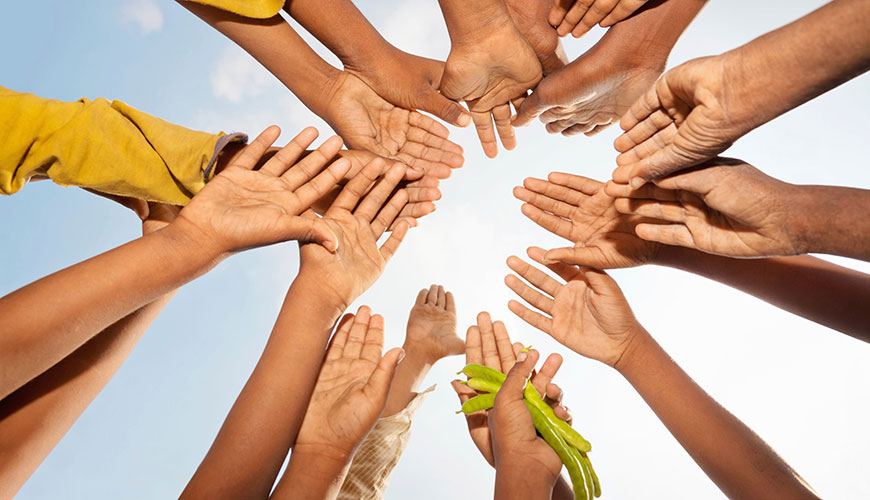
Human rights are an important part of our lives. In fact, they are so much a part of everyday living that we can often take them for granted.
Consider how often you drink clean water; eat food; go to school; say or write what you think; get treated by a doctor; practice a religion (or not); or expect to be treated fairly by others.
All of these everyday activities depend on the adequate protection of your human rights, as well as those of others.
Promoting and protecting human rights is everyone’s responsibility. Here are some ways that you can find out more about human rights and get involved!
Video: What are children's rights?
Get Informed
Want to know more about human rights - like what are they and where do they come from? In this section, find out about the history of human rights and why they are important to us today.
Get Involved
Looking for ideas on how to promote and protect human rights? Find out what you can do to stand up for human rights in your local community and beyond!
Get Help
Need to talk to someone about a problem or issue you are facing? Get information about who you can talk to here.
Hot Topics
Interested in contemporary human rights issues affecting Australians today? This section provides links to a range of different topics.
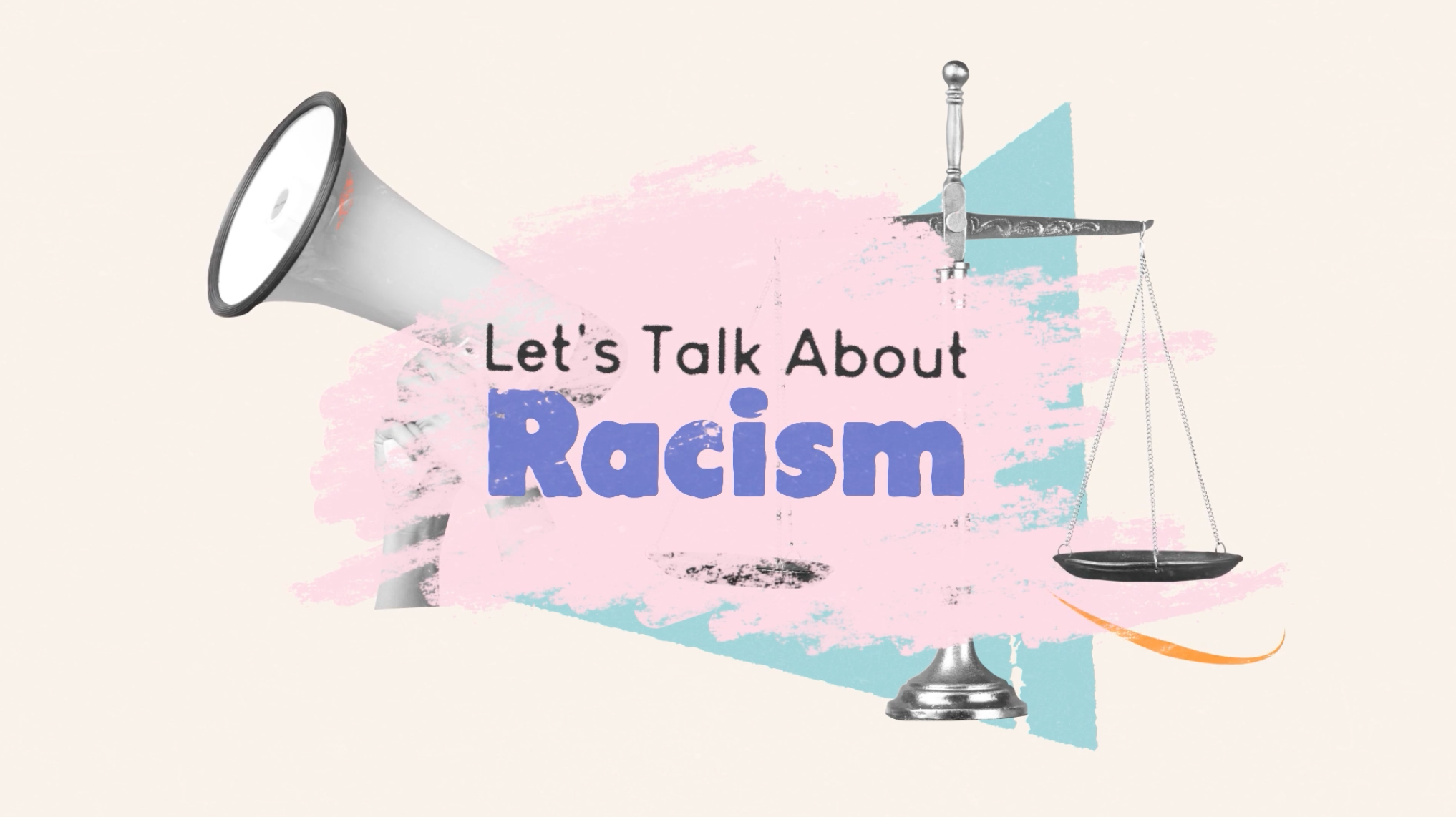
Let's talk about racism
About 1 in 4 people are born overseas and almost half of us have one parent who was born in another country in Australia today. This cultural diversity is one of our greatest strengths, but not everyone always sees it this way.
Sometimes people are treated unfairly or badly, because of the country they come from, their cultural background, what they look like or the colour of their skin. This is called racism.
Racism is a form of discrimination.
This video is aimed at primary school students. Click here to watch
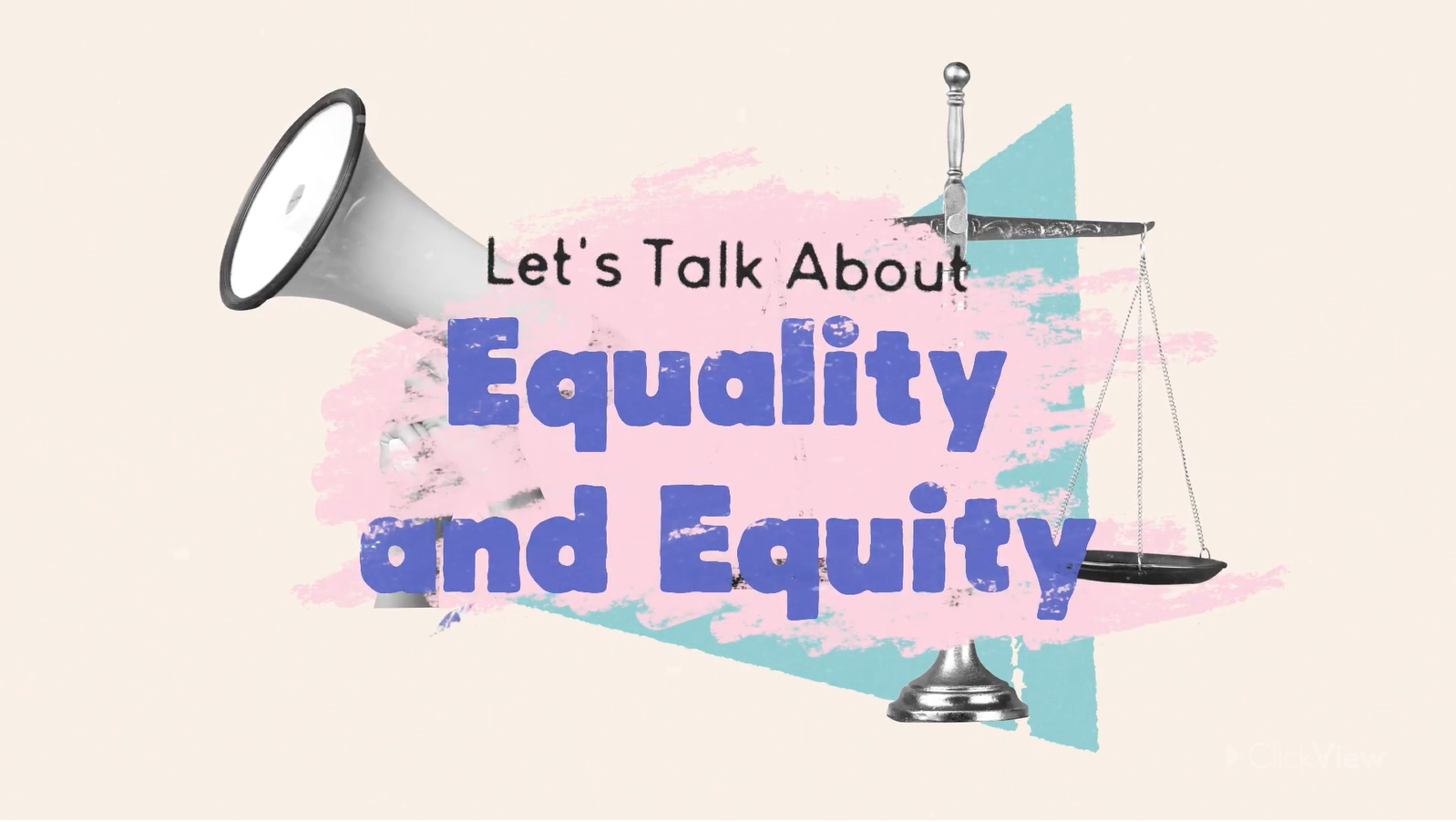
Let's talk about equality and equity
Article 1, Universal Declaration of Human Rights states that ‘All human beings are born free and equal in dignity and rights’. That sounds good, but if we are all equal, then why aren’t we all treated equally? And is treating every person exactly the same always the best thing to do?
To answer this question, it’s important to think about the difference between equality and equity.
This video is aimed at primary school students. Click here to watch
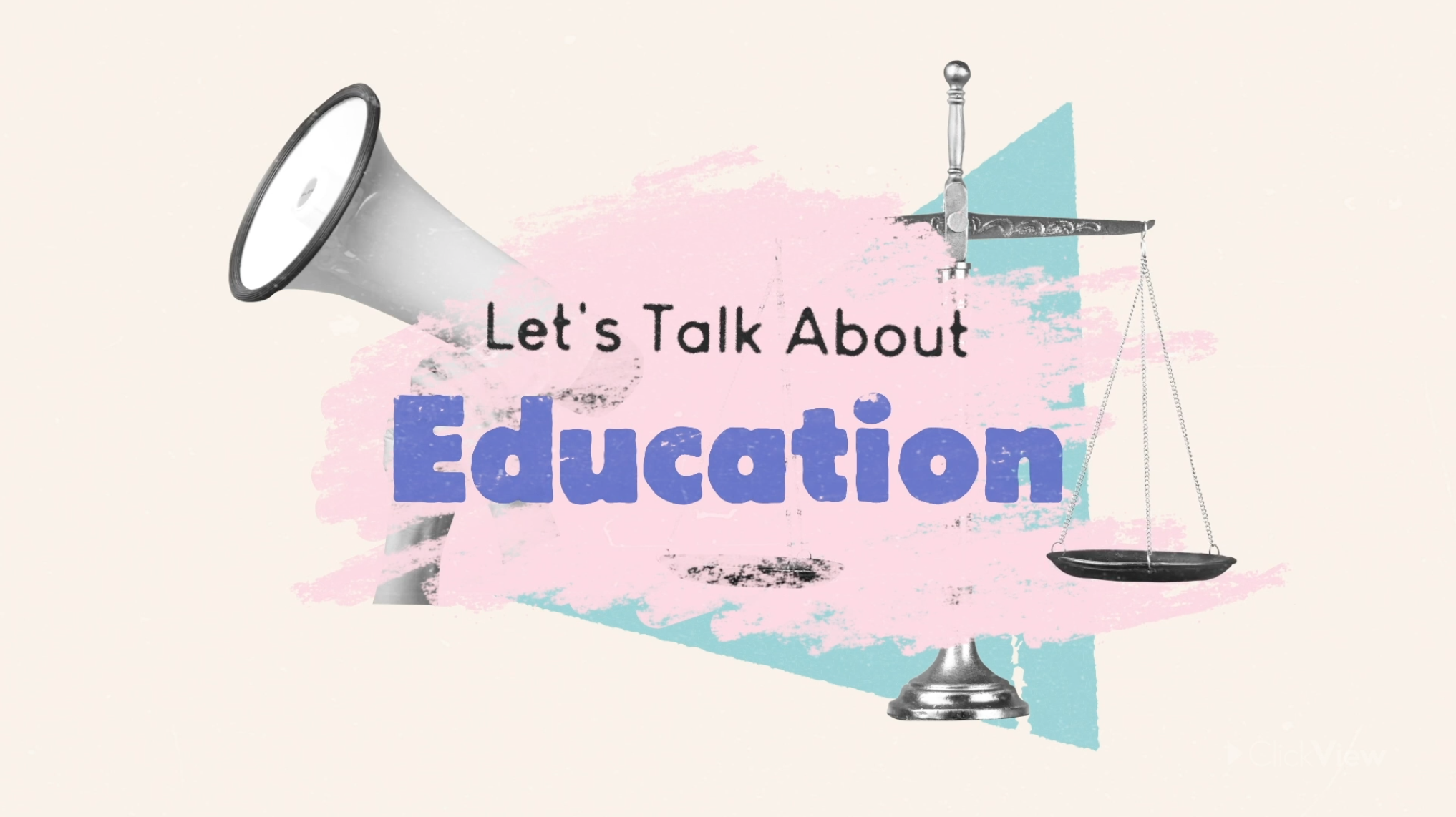
Let's talk about education
Education is more than filling your brain with important facts and equations – it’s the process of developing yourself, your ability to reason and make your own judgements, to empathise and socialise, and understand the world around you as well as your place in it.
Education is also a human right. Which means that everybody should have an education, and it’s the government’s responsibility to make sure this can happen.
This video is aimed at primary school students. Click here to watch

Let's talk about refugees
People use words like ‘refugee’, ‘seeking asylum’ and ‘migrant’ often, but what do these words actually mean?
A refugee is a person who has been forced to leave their country because of war, violence, conflict or because they are being persecuted. Persecution means being treated unfairly or cruelly because of who you are, what you believe or where you’re from.
This video is aimed at primary school students. Click here to watch
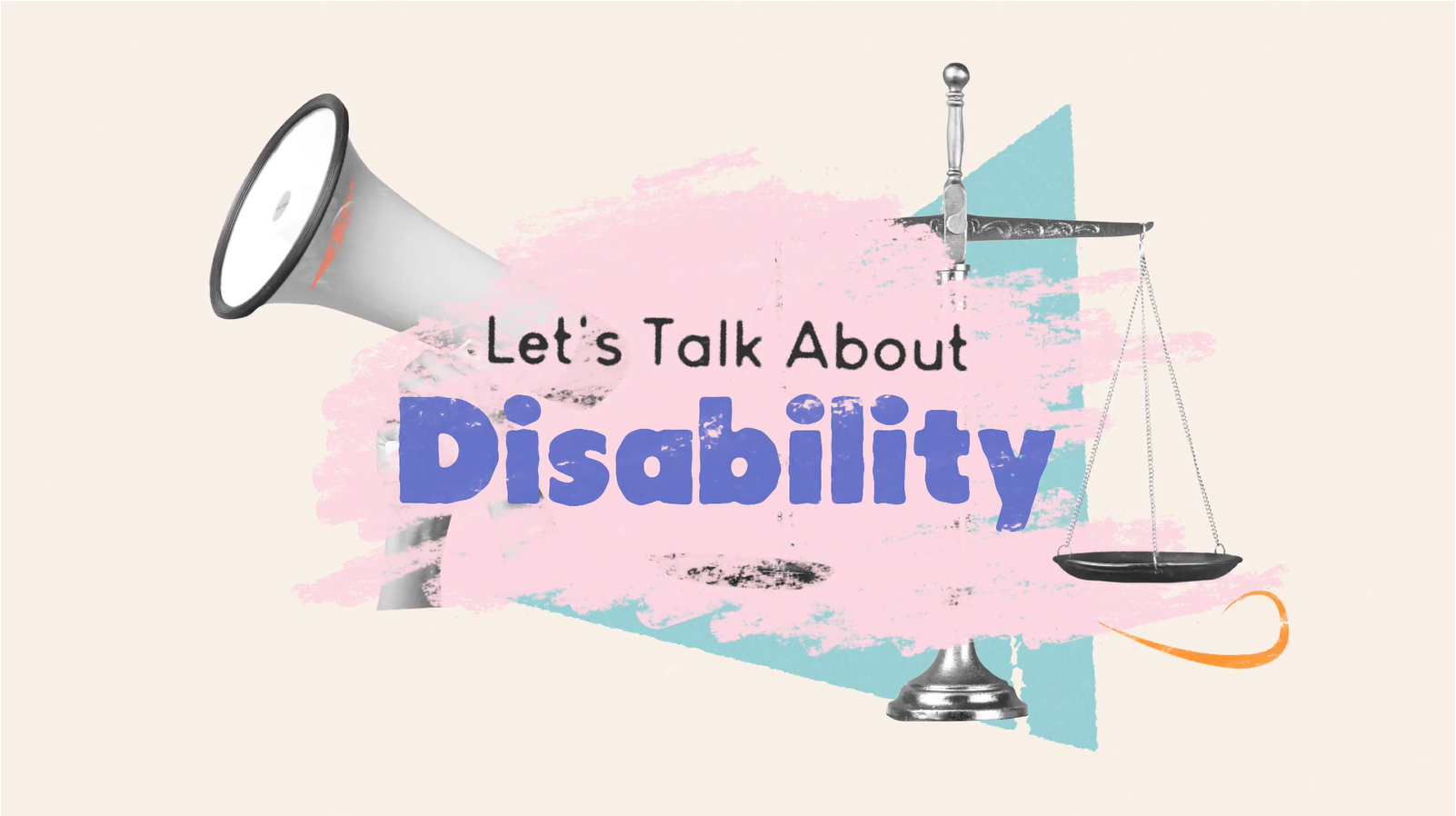
Let's talk about disability
For a long time, people with disability did not have the same rights and freedoms as people without disability. It was believed that people with disability needed to be ‘cared for’ and they weren’t allowed to make decisions about their own lives.
It wasn’t until the 1970s that things really started to change through the disability rights movement. Most people thought about disability in terms of what doctors said our minds and bodies could or couldn’t do. Then, as the disability rights movement grew stronger, people started to understand that disability is actually about how our society makes it hard for some people to participate.
This video is aimed at primary school students. Click here to watch
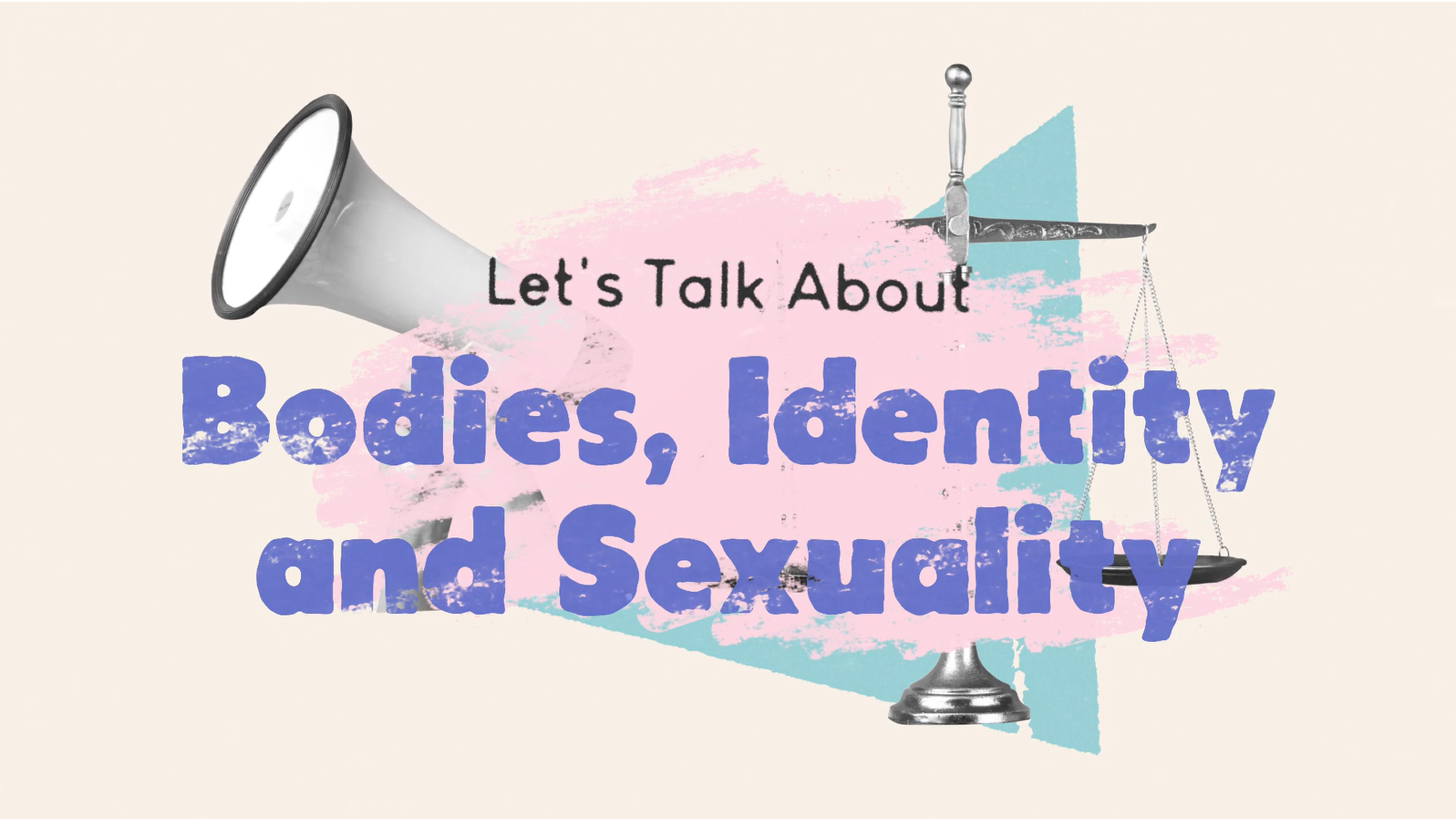
Let's talk about bodies, identity and sexuality
In Australia, and in the rest of the world, many people experience harm or discrimination because of their gender identity, sexual orientation or because they are intersex. This means, they’re treated unfairly and unkindly.
In some countries, including Australia, there are laws that protect the rights of all people to be free from discrimination.
This video is aimed at primary school students. Click here to watch
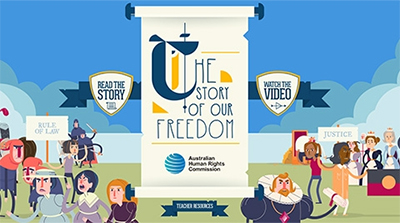
Magna Carta: Story of Our Freedom
What does an ancient document, written on a piece of dried animal skin over 800 years ago, have anything to do with the human rights and freedoms we enjoy today?
Magna Carta (the Great Charter) is an important historical document that has shaped the human rights and freedoms of all Australians. In particular, Magna Carta helped promote ideas of freedom, justice and the rule of law, principles which have become key parts of Australian democracy.
Find out the full story by watching the animation and exploring the interactive story on the Magna Carta: Story of Our Freedom website.
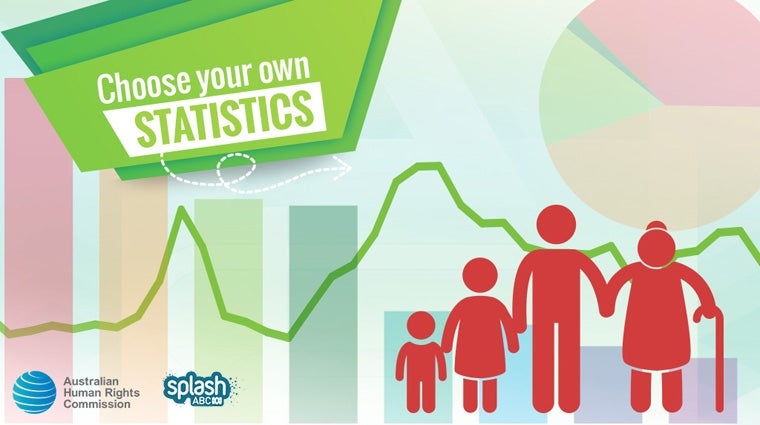
Choose your own statistics
The Australian Human Rights Commission and ABC Splash have worked together to design a unique interactive website for school students.
The Choose Your Own Statistics website has been developed to meet the learning requirements of the Australian Mathematics curriculum and the topics included have been specifically selected to address the Australian Curriculum's Ethical Understanding general capability.
Year: Years 5-8 (10-13 years old)
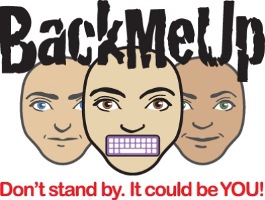
BackMeUp video competition
BackMeUp was a video competition for students aimed at taking action on cyberbullying. To get involved, all you had to do was make a short video (no more than 2 minutes) about how you could help someone who is being cyber-bullied. See the great videos!
